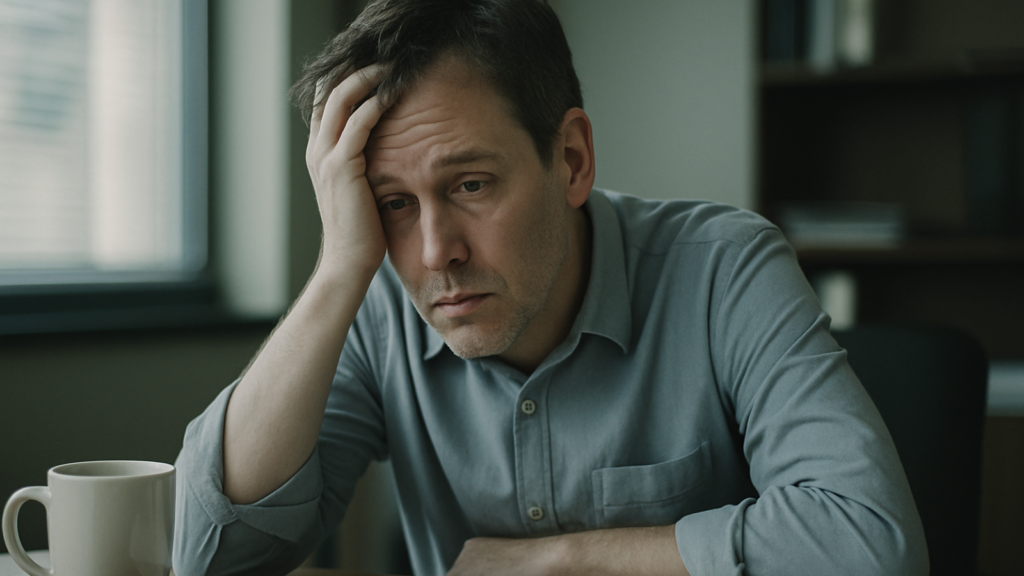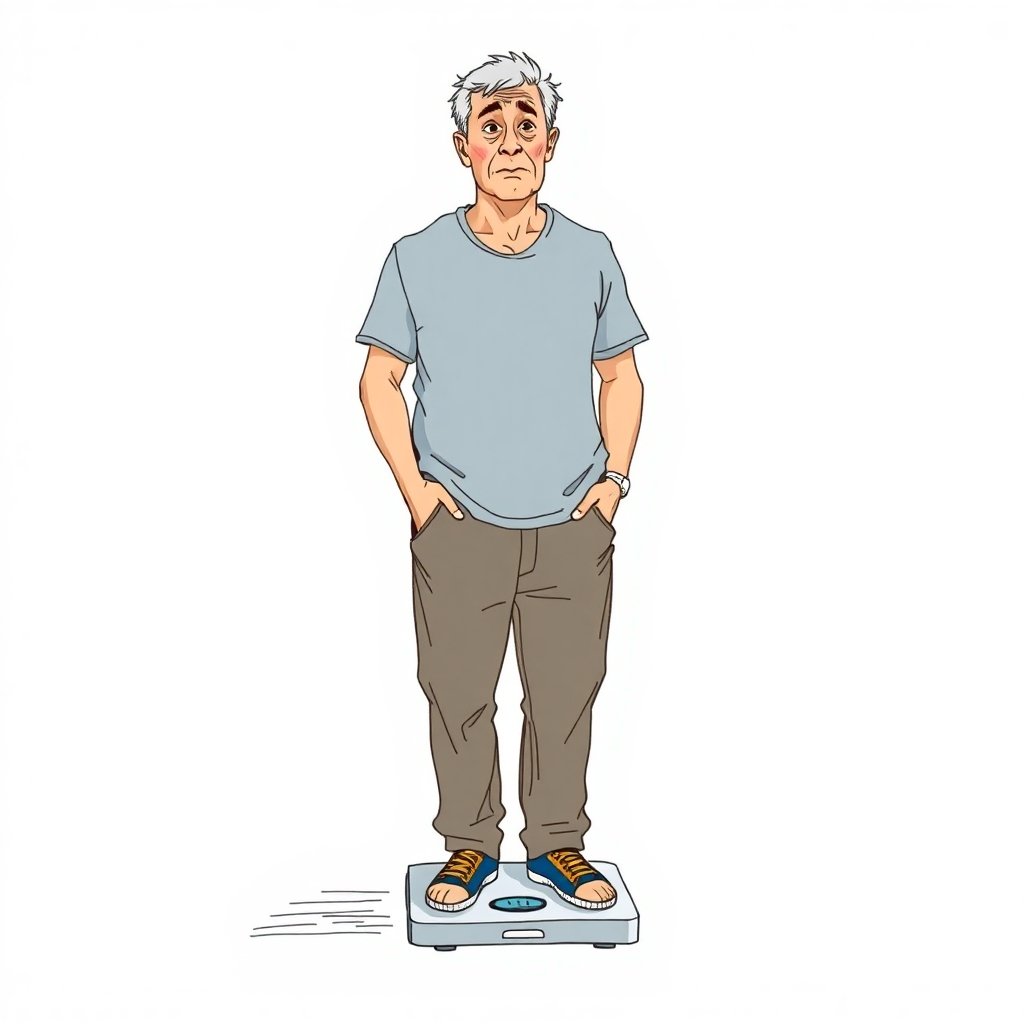
Colon Cancer Early Signs You Shouldn’t Ignore
Colon cancer early signs can be subtle, making them easy to overlook. Did you know that colon cancer is one of the most preventable cancers, yet thousands of people miss its early warning signs every year? That’s because the symptoms are often mild, easy to dismiss, or mistaken for minor digestive issues.
But here’s the good news—catching colon cancer early can save your life. When detected at an early stage, the survival rate is over 90%, according to the American Cancer Society. So, let’s talk about the earliest symptoms of colon cancer, what they mean, and when to take action.
Why Detecting Colon Cancer Early Matters
Colon cancer doesn’t develop overnight. It often begins as small polyps in the colon that take years to turn cancerous. That’s why recognizing subtle colon cancer symptoms is crucial.
Here’s what happens when colon cancer goes undetected:
✅ Caught early? Treatment is simpler, and survival rates are high. ❌ Caught late? The disease becomes harder to treat and may spread to other organs.
The tricky part? Colon cancer early signs don’t always seem alarming at first. That’s why knowing what to look for can make all the difference.
7 Colon Cancer Early Signs You Shouldn’t Ignore
1. Unexplained Changes in Bowel Habits
Your digestive system has a routine. If something suddenly changes and doesn’t go back to normal, it could be one of the first symptoms of colon cancer.
Watch out for:
Persistent diarrhea or constipation lasting more than a few days
Alternating between diarrhea and constipation without a clear cause
Feeling like you need to go but nothing happens
While occasional changes are normal, if they persist, consult a doctor.
2. Unusual Stool Appearance (Thin or Dark Stools)
Your stool can tell you a lot about your health.
🚨 Signs to watch for:
Pencil-thin stools – A tumor could be narrowing the colon.
Dark, tarry stools – This may indicate bleeding in the digestive tract.
If you notice these changes frequently, don’t ignore them.
3. Blood in Stool (Even a Tiny Amount!)
Blood in the stool is one of the biggest warning signs of colon cancer, yet many people dismiss it as hemorrhoids. Learn more about the warning signs of colon cancer you should never ignore.
Bright red blood? Might be hemorrhoids, but still worth checking.
Dark red or black blood? Could indicate internal bleeding—seek medical attention.
- Learn more about the warning signs of cancer you should never ignore.
If you see blood in your stool more than once, visit a doctor immediately.
4. Persistent Abdominal Discomfort or Cramps
We all get stomach aches sometimes, but if the pain doesn’t go away, it could be more serious.
Pay attention to:
Cramps or bloating that last for weeks
Pain that feels deep and doesn’t improve with diet changes
A constant “full” feeling, even when you haven’t eaten much
This could be a sign that something is blocking or irritating the colon.
5. Fatigue and Weakness Without a Clear Cause
Feeling constantly exhausted? Struggling to get through the day even after a full night’s sleep? It might not be stress—it could be anemia caused by internal bleeding.
Colon cancer can lead to slow blood loss, causing:
Persistent fatigue, regardless of sleep
Weakness or lightheadedness
Pale skin or feeling unusually cold
If you feel drained for no clear reason, schedule a check-up.
6. Unexplained Weight Loss
Losing weight without trying? That’s not normal.
If you’ve dropped more than 10 pounds without changing your diet or exercise habits, colon cancer could be affecting your metabolism and appetite.
7. A Feeling That You “Still Need to Go” After a Bowel Movement
Ever feel like you need to go but can’t? That uncomfortable sensation—called tenesmus—could be a sign that something is blocking your colon.
If this happens frequently, it’s worth checking out.

Who’s Most at Risk for Colon Cancer?
While anyone can develop colon cancer, some people are at higher risk.
Common Risk Factors:
✔ Age – Risk increases after 45, but cases in younger adults are rising. ✔ Family History – If a parent or sibling had colon cancer, your risk doubles. ✔ Diet & Lifestyle – High red meat intake, processed foods, smoking, and alcohol increase risk. ✔ Obesity & Inactivity – A sedentary lifestyle is linked to higher colon cancer rates. ✔ Inflammatory Bowel Disease (IBD) – Conditions like Crohn’s or ulcerative colitis raise your risk.
If you have any of these risk factors, staying aware of symptoms and getting screened is even more important.
When Should You See a Doctor?
If you experience any of these colon cancer early signs for more than two weeks, don’t wait. Many people delay seeing a doctor, thinking it’s just diet or stress—but early detection saves lives.
Screening Options:
Colonoscopy – The gold standard for early colon cancer detection.
Stool-Based Tests – At-home tests like FIT and Cologuard that check for hidden blood.
CT Colonography – A less invasive scan alternative.
Common Myths Busted:
🚫 “I’m too young for colon cancer.” → Cases in younger adults are rising. 🚫 “I don’t have a family history, so I’m fine.” → Most cases occur in people without a family history. 🚫 “Colonoscopies are painful and embarrassing.” → They’re quick, painless, and lifesaving.
How to Reduce Your Risk of Colon Cancer
While genetics play a role, lifestyle changes can lower your risk.
✅ Eat more fiber – Fruits, veggies, and whole grains keep your gut healthy. ✅ Limit red and processed meats – Linked to a higher risk of colon cancer. ✅ Exercise regularly – Staying active lowers your risk. ✅ Quit smoking & cut back on alcohol – Both are linked to cancer. ✅ Get screened on time – Don’t wait until symptoms appear.
Final Thoughts: Stay Informed, Stay Healthy
Your body gives you signals—are you listening? If you notice any unusual symptoms, don’t brush them off. Colon cancer is treatable when caught early, but the key is paying attention to your health.
💡 Take action today: 👉 If something feels off, see your doctor. 👉 Stay informed and share this info—it could save a life. 👉 Know your screening options and stay proactive.
Sources:
American Cancer Society (cancer.org)
Mayo Clinic (mayoclinic.org)
CDC Colorectal Cancer Facts (cdc.gov)
Talking about colon cancer shouldn’t be scary, but ignoring it can be. 💙
